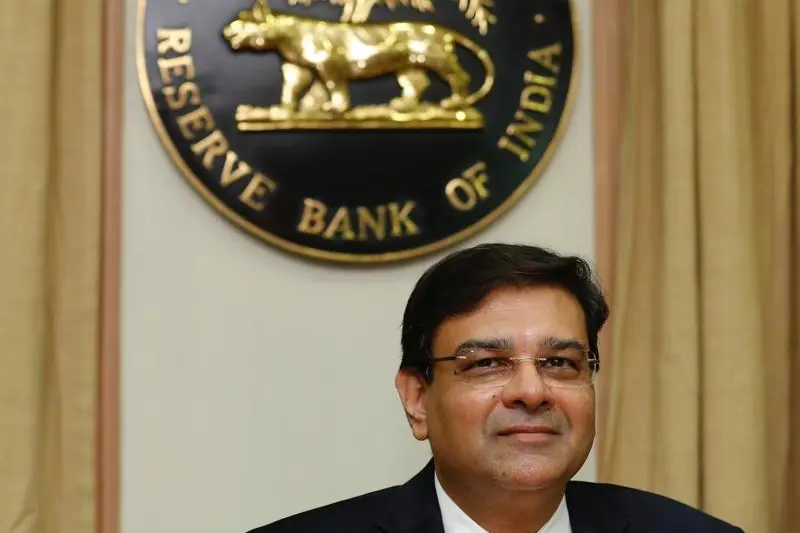PHOTO
MUMBAI, (Reuters Breakingviews) - Urjit Patel picked a good time to find his voice. The usually reticent central bank governor robustly defended his institution after India's finance minister blamed it for a $1.8 billion fraud uncovered nearly a month ago at a Punjab bank. To preside properly as a regulator, the Reserve Bank of India needs the same power over governance at state banks as private ones.
The speech on Wednesday made clear Patel is no yes-man for New Delhi. Since taking charge of the RBI in 2016, he has been notably less outspoken than his predecessor, Raghuram Rajan, who was not shy about holding the government to account, especially on non-financial matters. His willingness to speak out effectively cost him his job.
No regulator can prevent all wrongdoing, as Patel noted. He also pointed to assessments by the IMF and World Bank highlighting the progress the central bank has made in strengthening banking supervision. The problem, he says, is that the power of the RBI to supervise and regulate state banks is constrained by law.
India's playing field is lopsided. The RBI oversees all banks, but myriad rules mean the government also regulates the 20-odd state lenders of which it is a majority shareholder. And while the central bank can oust management, replace boards, or revoke licences of private-sector banks, it does not have the same power over public ones.
An implicit sovereign guarantee of government-controlled banks compounds the problem. It means bosses of state financial institutions do not worry enough about market discipline, at least not in the way that typically enhances systems for monitoring managers and directors. Patel stopped short of calling for privatisation, though, which would be a logical step to prevent political meddling.
The government must begin "informing itself" about what to do with the banking system, Patel warns. New Delhi recently pledged a $32 billion bailout of state lenders. To avoid wasting resources India can scarcely afford, the capital lifeline is best accompanied by a corporate-governance overhaul. The market is saying as much. Most public-sector banks trade at a significant discount to their book value. Politicians would do well to hear Patel's message loud and clear.
CONTEXT NEWS
- Reserve Bank of India Governor Urjit Patel said on March 14 that the central bank had "limited authority" over state-run banks and called for reforms to give it more powers on par with those it has over private-sector lenders.
- During a speech at a law school, he added that India's Banking Regulation Act prevents the RBI from taking "effective action" and that even management at public-sector banks realise the "ultimate authority over their tenure is with the government, and not with the RBI".
- The RBI oversees all lenders, but the government also regulates state banks, of which it is also a majority shareholder. Patel said the government needed to begin "informing itself about what to do with the public sector banking system going forward".
- On Feb. 21, India Finance Minister Arun Jaitley criticised inadequate oversight by auditors and regulators following a $1.8 billion fraud at Punjab National Bank, the second-largest state lender. He said the "supervisory agencies" needed to "introspect".
(Editing by Jeffrey Goldfarb and Sharon Lam)
© Reuters News 2018




















